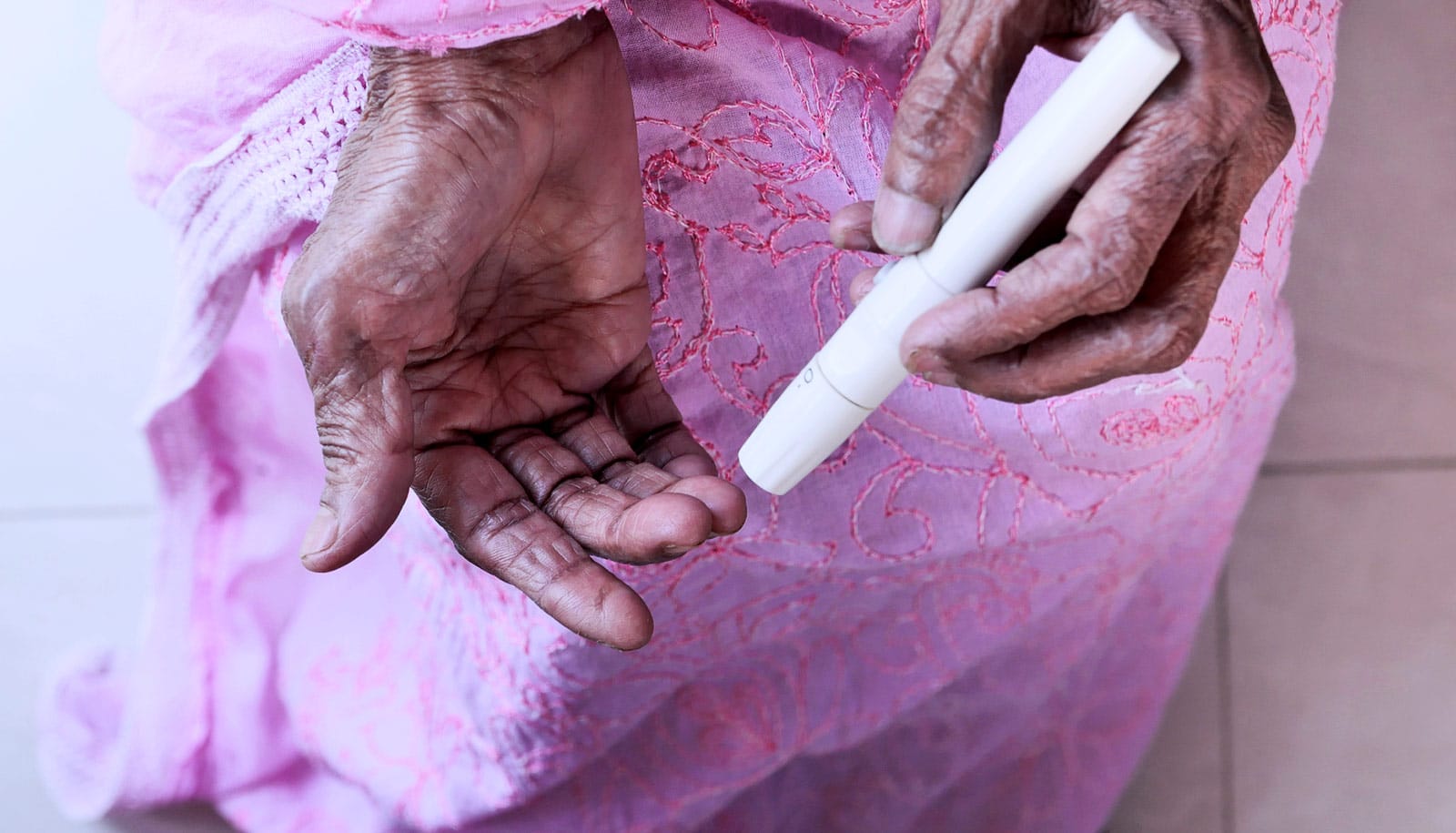Women with diabetes and significant levels of calcium in their coronary arteries have higher rates of death from cardiovascular disease and all causes than their male counterparts do, research finds.
As reported in Diabetes Care, researchers from the University of California, Irvine School of Medicine and Cedars-Sinai Medical Center compared the sex-specific impact of coronary artery calcium (CAC) levels in adults with diabetes.
They used CAC to predict cardiovascular and all-cause mortality in patients with diabetes. The results of this comparison showed greater CAC predicts cardiovascular and total mortality more strongly in women.
“We showed that coronary calcium scores of greater than 100 in a woman with diabetes was associated with higher death rates from cardiovascular diseases and all causes than similar calcium scores in women than in man with diabetes,” says Nathan D. Wong, professor and director for UC Irvine’s Heart Disease Prevention Program, and the lead author of the study.
Wong and colleagues studied 4,503 adults with diabetes from a national registry of patients who received coronary calcium “heart scans” from computed tomography and were followed for causes of death over more than 11 years. Death rates from cardiovascular disease in those who had coronary calcium scores of 101-400 or more, were approximately twice as high in women compared to men. Total death rates in these patients were also higher in women than in men.
In analyses adjusted for age and other potential confounders, compared to those with calcium scores of 0, women who had calcium scores of 101-400 and 401 or greater had cardiovascular deaths that were 3.7 and 6.3-fold greater, respectively, compared to men whose risks were 1.6 and 3.5-fold greater, respectively.
“Our findings, showing significant levels of coronary calcium to predict mortality from cardiovascular causes more strongly in women than men with diabetes, might also help to explain the poorer prognosis for cardiovascular disease that has been observed for decades in women compared to men with diabetes,” says Wong.
“Conversely, very low death rates from coronary heart disease and cardiovascular disease seen in those with diabetes who had negative scans (calcium scores of 0), comprising 39% of women and 20% of men in our study, underscore the point that not all persons with diabetes are ‘risk equivalents’ for cardiovascular disease, as has been the common belief for decades,” notes Cedars-Sinai Medical Center’s Daniel Berman, senior author of the study.
“Our findings suggest a call-to-action for even more aggressive risk factor management in a woman with diabetes found to have significant levels of coronary calcium to prevent future death from cardiovascular causes” says Wong. In previous work, Wong and colleagues show rates of cardiovascular disease to be 60% lower in those who are well-controlled for blood sugar, cholesterol, and blood pressure.
The National Institutes of Health and the American Heart Association funded the work.
Source: UC Irvine



